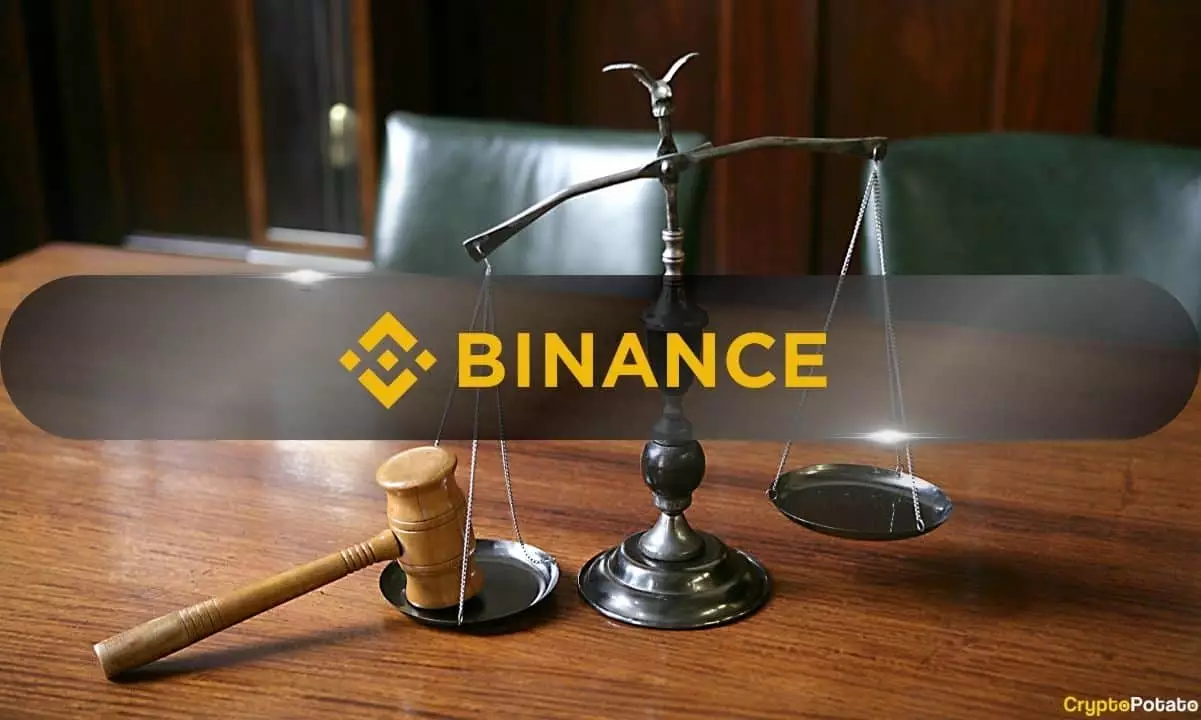In a significant development for the cryptocurrency industry, the U.S. Supreme Court recently declined to review a petition put forth by Binance, the preeminent global cryptocurrency exchange, and its founder, Changpeng Zhao. This decision, which arrives in the wake of a critical ruling by the U.S. Court of Appeals for the Second Circuit, could have far-reaching implications not only for Binance but for the future of cryptocurrency regulation in the United States as a whole.
The genesis of this legal battle lies in the concerns raised by investors who filed a lawsuit against Binance, accusing the exchange of unlawfully selling unregistered tokens that subsequently plummeted in value. The crux of the case revolves around whether Binance, which operates without a physical headquarters in the U.S., should be held accountable to U.S. securities laws despite its offshore status. This question is particularly pertinent in an age where digital transactions can easily transcend national borders, complicating traditional regulatory frameworks.
In March 2024, the appellate court sided with the plaintiffs, asserting that U.S. securities regulations could indeed apply to Binance due to the nature of transactions made by American investors. Notably, the court emphasized that transactions carried out by American users on Binance became irreversible within the U.S., thus asserting jurisdiction over the platform. Furthermore, the court highlighted that users engaged in trading while physically present within the U.S. This pivotal finding suggests that, in cases where American investors utilize Binance’s services, there is a significant nexus to U.S. regulations, regardless of the exchange’s offshore operational model.
Binance’s counterargument pivots on the notion that technological advancements have fundamentally changed the landscape of financial trading, rendering it increasingly feasible for U.S. residents to engage with foreign platforms. The exchange advocates for a broader recognition of global interconnectivity, contending that American investors are simply availing themselves of international opportunities within the evolving digital marketplace. This line of reasoning beckons a much larger conversation about the need to adapt regulatory frameworks to the realities of modern finance, particularly when physical presence is no longer a prerequisite for conducting business across borders.
However, the Supreme Court’s unwillingness to intervene indicates a prioritization of investor protection over the emerging complexities of digital trading. By allowing the class-action lawsuit alleging the illegal sale of unregistered tokens to move forward, the court has signaled a clear message: investment platforms, even those operating outside U.S. jurisdiction, must comply with American laws if they wish to engage with American clients.
The implications of this decision extend beyond just Binance. As compliance landscapes continue to evolve in response to the rise of cryptocurrencies, this case serves as a critical precedent that could shape future interactions between crypto exchanges and U.S. regulators. The ruling places increased pressure on other cryptocurrency platforms to ensure their operations adhere to American securities laws, potentially complicating their ability to service U.S.-based investors without facing legal repercussions.
Additionally, the ongoing scrutiny from regulatory bodies such as the U.S. Securities and Exchange Commission (SEC) serves as an important reminder of the challenges the cryptocurrency industry faces. With the SEC previously accusing Binance of facilitating trades that should have been categorized as securities, the repercussions of this case could extend to other exchanges grappling with similar legal definitions and the obligations that accompany them.
Furthermore, Binance’s various legal troubles—including settlements with the U.S. Department of Justice concerning anti-money laundering violations and potential damages claimed by the FTX bankruptcy estate—underscore the significance of compliance in an industry that remains riddled with regulatory uncertainty. As exchanges navigate this landscape, the outcome of this case may influence their operational decisions, possibly even prompting shifts in business models or exit strategies from certain markets.
In sum, the Supreme Court’s dismissal of Binance’s appeal represents a crucial juncture for both the exchange and the broader cryptocurrency ecosystem. With the precedent established by this ruling, the industry must grapple with an evolving regulatory environment that seeks to hold even foreign entities accountable to U.S. laws. As American investors continue to participate in the global digital asset marketplace, their protection and the application of regulatory measures will likely remain at the forefront of ongoing discussions within the crypto community. The path forward may require a more nuanced understanding of how digital finance operates across borders, challenging regulators to adapt in pursuit of a balance between innovation and accountability.


Leave a Reply